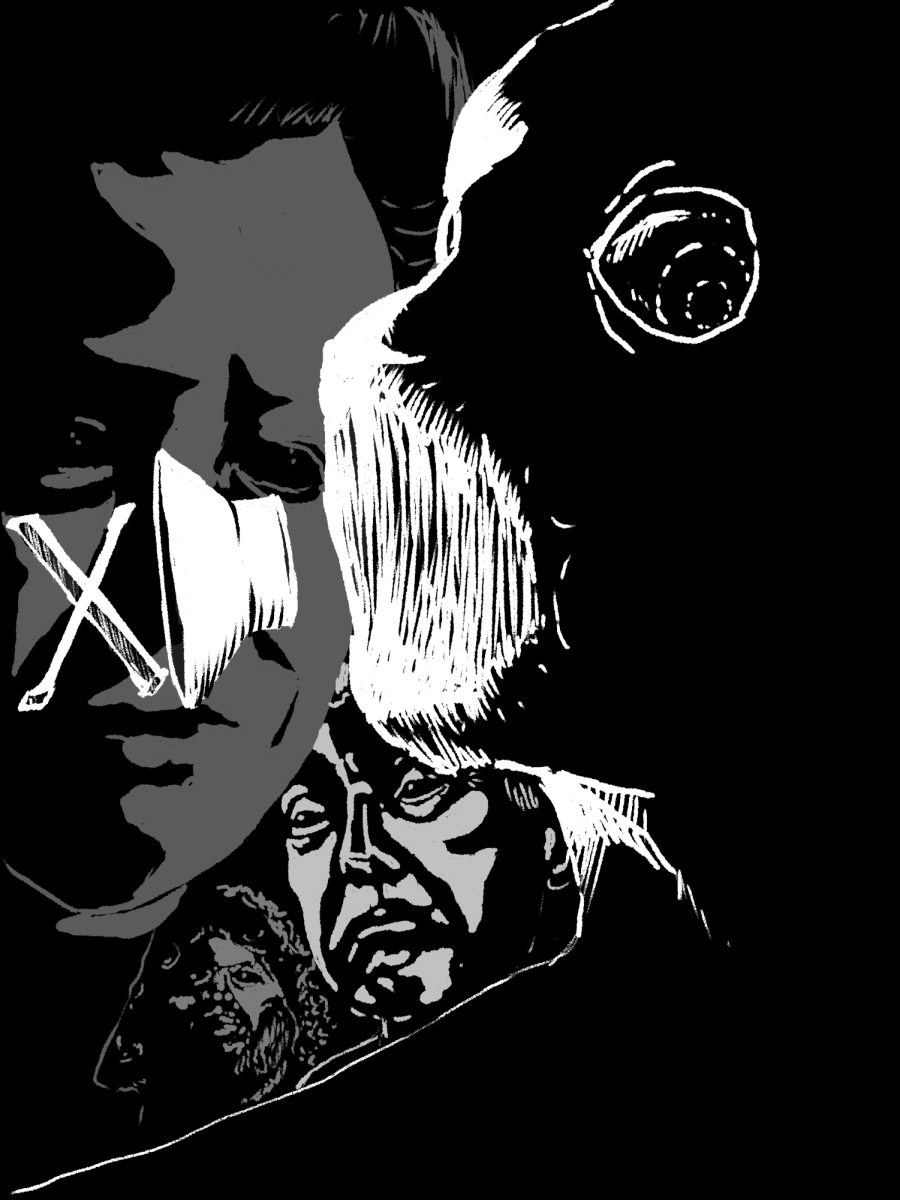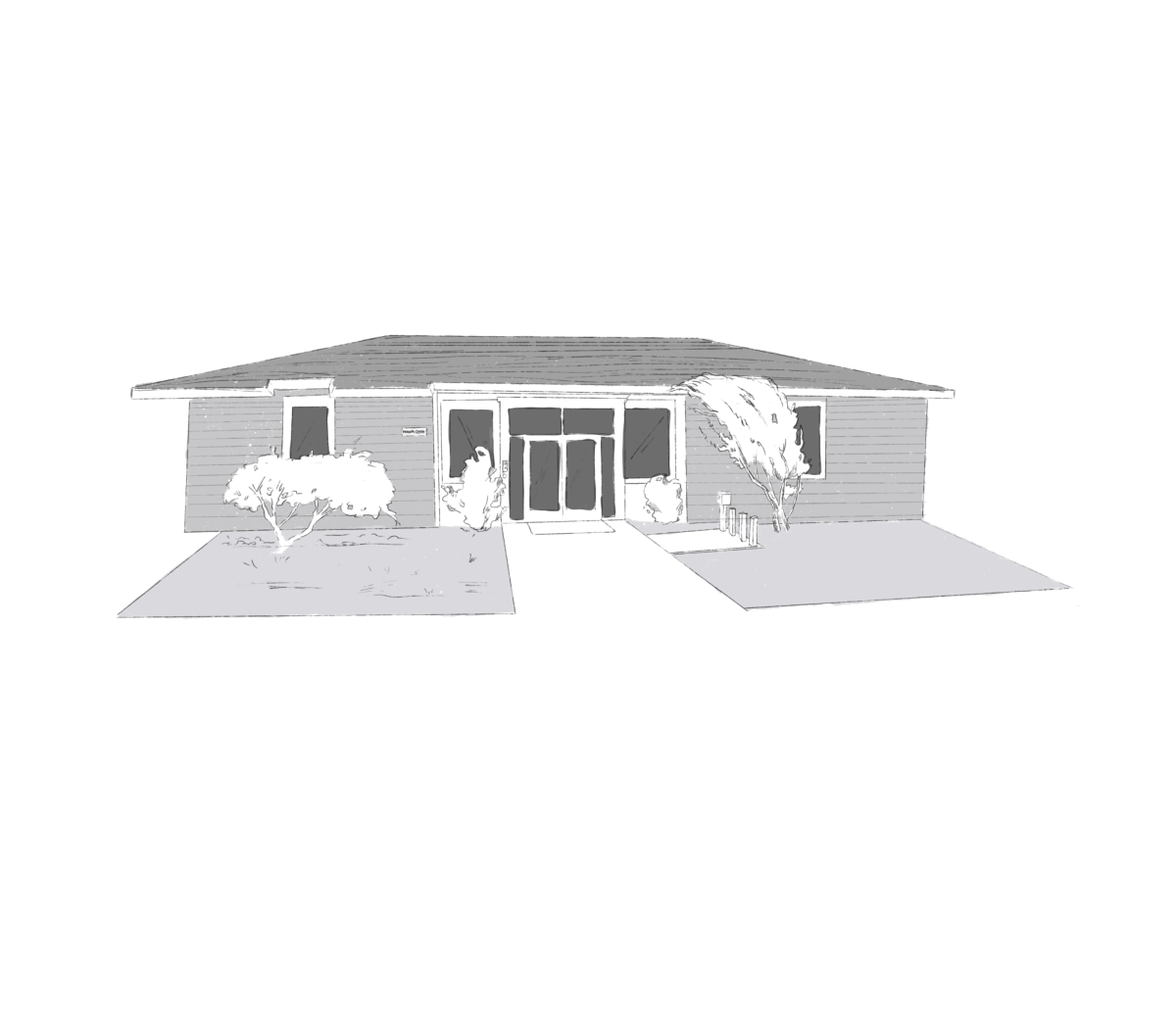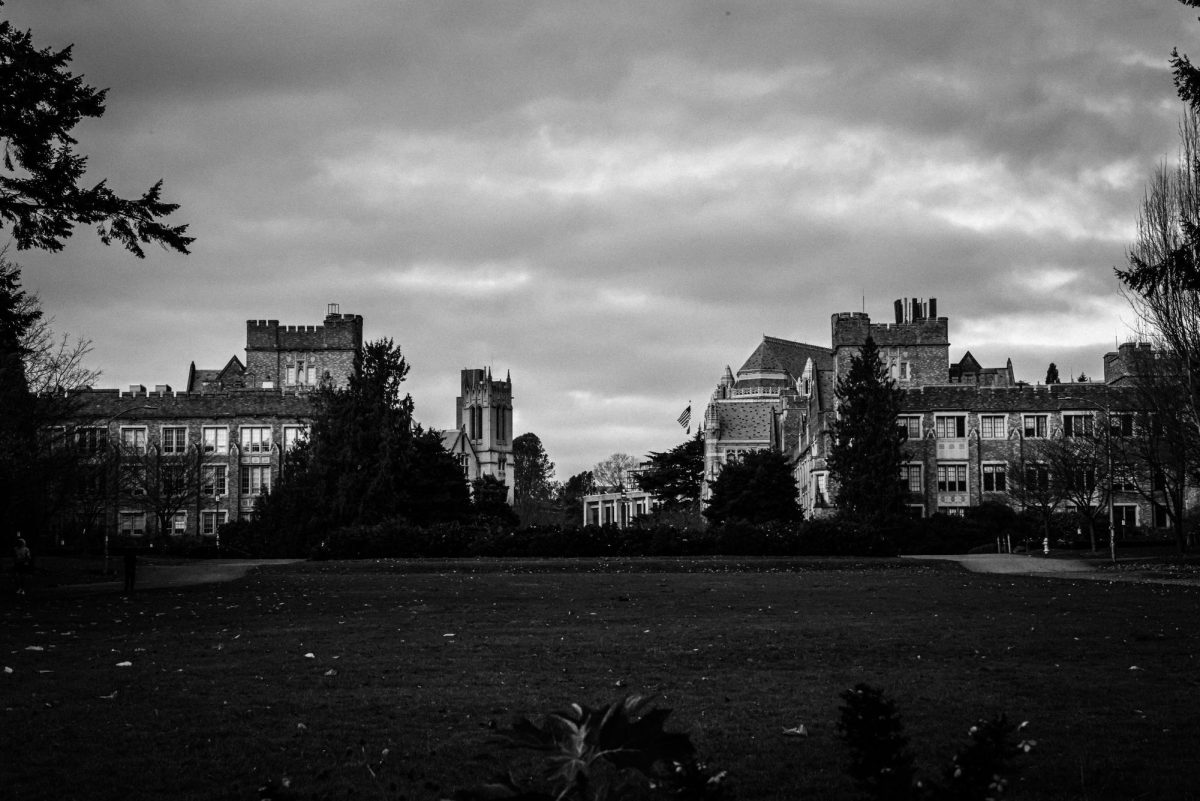
It is not a stretch to say that now more than ever is the greatest moment for student outcry and the power of students’ voices that Whitman College has ever laid witness to.
Over five months of investigative reporting has brought us to this moment. From evidence of systemic misogynist violence, following the 1940s ‘We Hate Women Week’ in which Whitman fraternities demanded ‘down with women, up with skirts!’ to present-day victim testimony from students who have been drugged, raped and assaulted by fraternity members, and claims of chronic administrative neglect when incidents across campus were reported, each instance elucidates a grim history. While each victim’s testimony occurred on different dates between 2016 and the present, the pattern of a destructive culture of violence against women is clear.
In spite of a long-standing institutional culture that silences survivors and protects perpetrators, collective action by students past and present demonstrates an equally persistent unwillingness to accept the inevitability of sexual violence. There are times when these student voices have acted as a central body on campus, and other times when they have been relegated to the margins.
Sustaining strong coalitions on a college campus is a persistent challenge. Many of the various student groups that have contributed to this work have come and gone. The yearly turnover of a quarter of the student body creates a cycle of short-term memory loss wherein successes, controversies, strides forward, and steps back are quickly forgotten.
Student journalism is the antidote to this institutional amnesia. Today’s special issue is not the first time The Wire (formerly The Pioneer) has exposed Whitman’s shallow and insufficient response to sexual violence. In November 1986, the Whitman Pioneer published a news article titled, “Sexual Harassment Policy Found Flawed,” explaining the concerns raised by faculty and students that survivor resources are amorphous and difficult to navigate. Countless other news articles, op-eds, and letters to the editor published in The Wire/Pioneer provide robust evidence of Whitman’s systemic failure to take sexual violence seriously over the last several decades.
Thus, our publication aims to underscore the importance of these student voices. We are, of course, uniquely situated to be a mouthpiece for students to express such concerns and reflect the student voice. This does not come with the abandonment of critical engagement. We remain committed to expressing the truth. That commitment includes giving all parties involved the opportunity to represent themselves. We hope this investigative series becomes indicative of the important work that The Wire can do and representative of the role of student journalism on campuses like ours.








